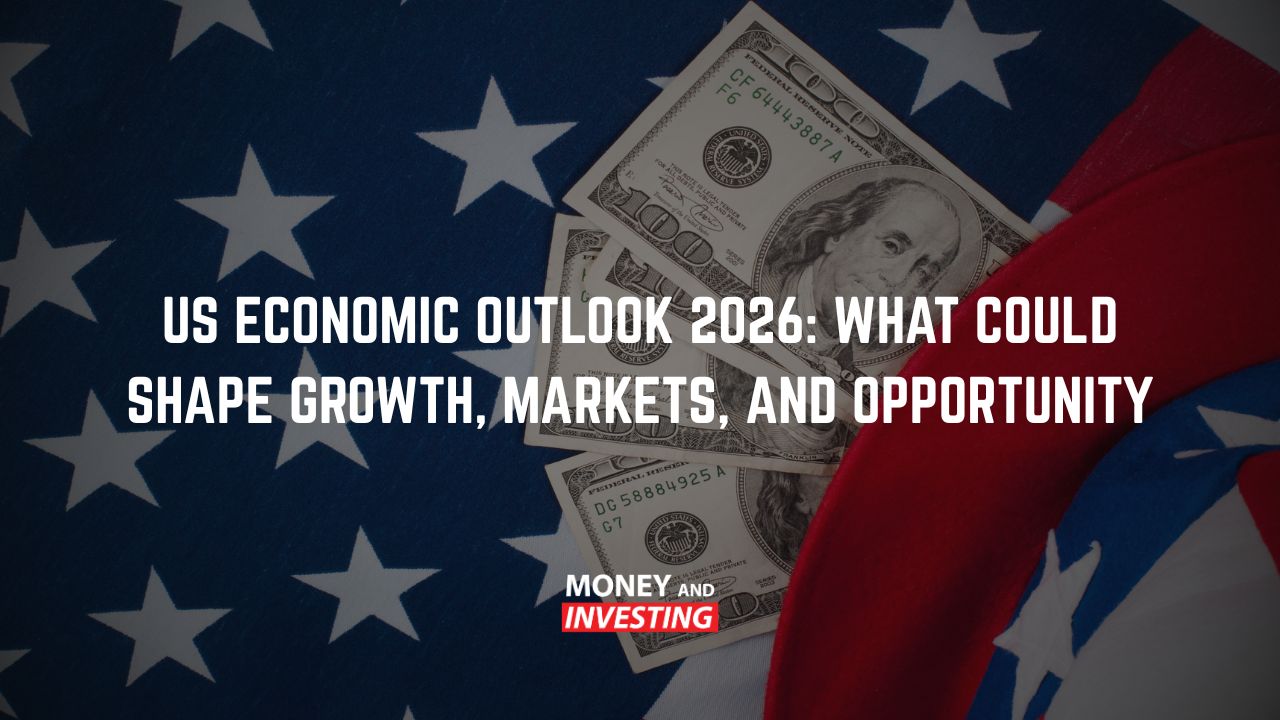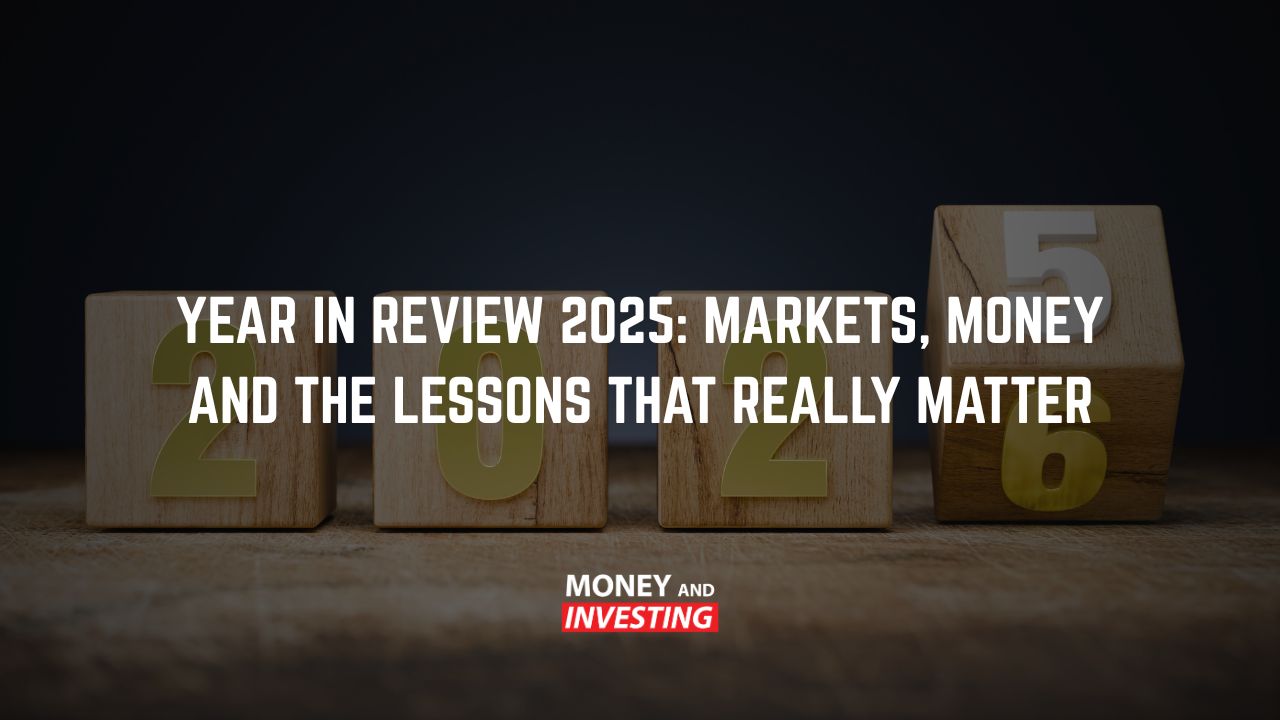The market involves a wide variety of different ways to invest which many people are not even aware of. Join us in today’s episode as we dive into some of the more obscure ones, focusing on exotic assets:
Foreign Exchange
Foreign Exchange is often referred to as Forex and involves the trading of currency pairs. Host Andrew Baxter explains that currencies are always fluctuating in value in comparison to one another and it is this relationship you are speculating on. It is a highly risky place to be operating within the market but this can always bring about some pretty hefty returns if you manage to get things right. Leverage is a major reason for this and this is a large reason why so many traders are attracted to foreign exchange. The lifetime of a trade can be very short on Forex but potential returns can be significantly magnified as a result of leverage while you also do not need a heap of money to get started trading Forex. They are also 24 hour markets 6 days a week which means you can trade them at any time of the day or night. Given the statistics suggest that most clients lose money over time, brokers in the FX space often run what is called a B Book which means they take the opposite side to their clients and try to increase their revenue that way. Overall it is where the pros play and if you are looking to dive in, you need to make sure you know what you are doing.
CFDs
CFDs or Contracts for Difference are another leveraged form of investment which can provide some significant value to an investor. It is a more modern version of margin lending where you only need to foot a small portion of the entire value of the stock you are trading. Host Andrew Baxter explains that with CFDs there are plenty of things to look out for. One of the key factors to keep an eye out for is that you are using a direct market access platform as opposed to a market made platform. You also need to be mindful of the interest you have to pay on the money you are effectively borrowing to trade on leverage. When using borrowed funds as well, if you find the trade you have made moves against you, you may come into what’s called a margin call where you may need to come up with more cash to cover the margin or face having to close the position.
Cryptocurrency
Right near the top end of the speculative market is the cryptocurrency market. Crypto is largely responsible for the massive increase in retail investors that have gotten involved in the market over the last few years. Cryptocurrency appeared to so many as such an attractive investment opportunity given it is totally different in nature to more traditional investment options. Host Andrew Baxter explains however that it has been seen to be quite heavily correlated with the Dow Jones, for example, so it may not be that much greater than the standard stock market. Adding to this risk is the fact that cryptocurrency is not a regulated market, so there are no governing bodies protecting the investors in a market and as a result we have seen a number of large cryptocurrency exchanges collapse over the last few years. In regulated markets, this is highly unlikely to occur while if it does, there are safeguards in place to protect investors. More and more institutions have begun gaining exposure to cryptocurrency as it has become more popular and just as that began we saw some weakness in the economy and as such some big losses in the crypto market.
Exchange Traded Options
Host Andrew Baxter has spent the bulk of his career in the options space and he sees some major benefits to using them. When they were initially made, their purpose was to help investors manage their risk. Buying a put option for example, provides the right to sell stock at a given price until a certain date no matter what the real stock price is. This more or less works as insurance on your shares, guaranteeing your selling price should the stock price really fall. Even selling calls against shares is less risky because when you consider the premium you receive for the calls, your overall risk has been reduced. Options also allow for some significant flexibility in as far as allowing potential profits to come from any market environment being up, down, sideways or all over the place.



